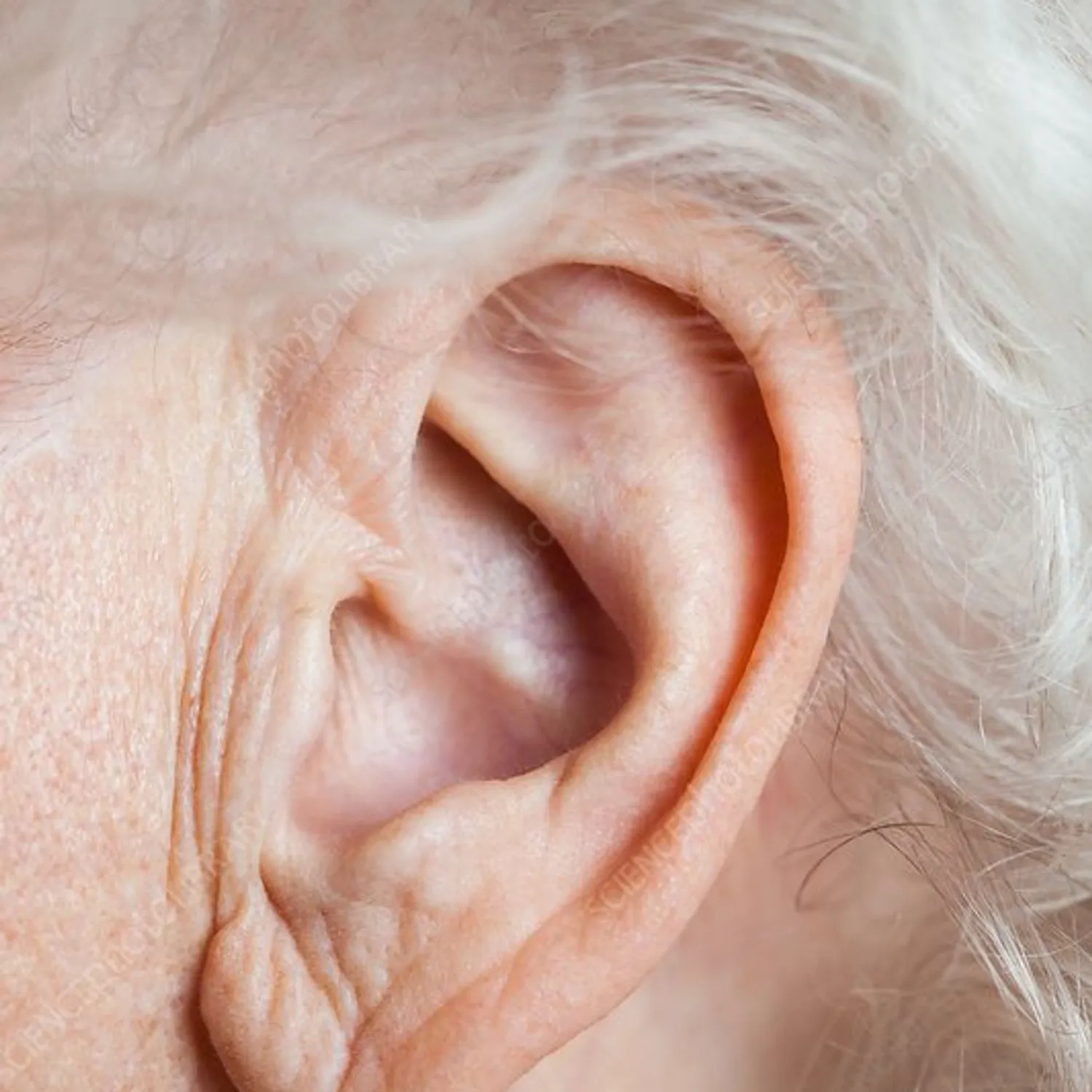HEARD Project
HEARing loss and Dementia – a feasibility study of a new online platform (HEARD)

The recent Lancet commission findings (Livingstone et al., 2021) highlight that hearing loss in middle age (45-65 years of age) is one of the highest modifiable risk factors for dementia later in life. At the same time systematic reviews and meta-analyses have shown that provision of hearing aids can reduce cognitive decline/dementia in the short- and long-term (Yeo et al., 2022). The exact mechanism of how hearing aids reduce future dementia risk are yet to be determined but there is consistent evidence that provision of hearing aids reduces the risk of cognitive decline.
The HEARD (Hearing loss in dementia) pilot study will explore hearing loss and dementia risk by:
1. Advisory group discussions with service users of hearing loss assessment to gain an understanding of their experience with hearing loss and how hearing loss has potentially affected their social interactions and cognitive health
2. Conduct a literature review on cognitive decline/dementia and hearing loss.
3. Co-produce with service users primary and secondary outcome measures for a grant application investigating the impact of hearing aid provision on cognitive health.
Despite the significant potential for future cognitive decline, adoption and usage of hearing aids remains challenging, in particular for people below the age of 65, who are at highest risk. This stands in contrast with key recommendations that people undergoing hearing assessments should i) be informed of the potential risk of cognitive decline/dementia & the beneficial use of hearing aids in this regard and ii) undergo cognitive screening to check whether hearing aid provision alleviates cognitive changes. However, to date no hearing screening services routinely informs people with hearing problems of the potential dementia or uses cognitive screening.
The proposed grant proposal for the HEARD Project extension would be a multi-site, single-arm design to test the feasibility of a new online platform in 3 community and hospital-based hearing screening services. The community-based hearing screening service will be Hear for Norfolk, which provides hearing screening for the Norfolk & Waveney ICB. The HEARD Project aims to explore if we can improve hearing aid use by making people aware of the link between hearing loss and cognitive decline/dementia and allow them to self-monitor their cognitive health?
Any questions regarding the HEARD Project should be directed to Professor Michael Hornberger (email: m.hornberger@uea.ac.uk)